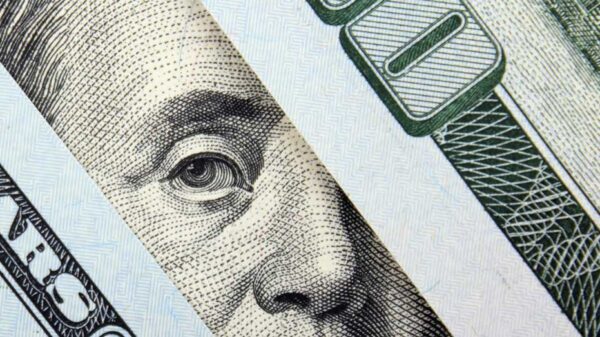German automotive giants Volkswagen (VW), BMW, and Mercedes-Benz Group (MBG) are preparing for significant challenges as U.S. President-elect Donald Trump plans sweeping tariffs on imports. Trump’s proposed policies could have far-reaching consequences for Germany’s auto sector, which is already grappling with economic slowdowns and declining demand in key markets like China.
Trump’s Tariff Plans
During his campaign, Trump pledged to impose a blanket tariff on all goods entering the U.S., describing the word “tariff” as “music to my ears.” He further suggested that German carmakers should relocate their operations to the U.S., stating, “I want German car companies to become American car companies. I want them to build their plants here.”
In addition to targeting Canada, China, and Mexico with new tariffs, Trump has indicated that Europe could be the next focus of his trade policies. While his initial announcements omitted Europe, analysts believe it is only a matter of time before the EU’s auto sector faces similar measures.
Impact on Germany’s Auto Industry
Germany’s auto sector, a vital part of the country’s manufacturing and export economy, is particularly vulnerable. The sector exported €23 billion ($24.2 billion) worth of passenger cars to the U.S. last year, accounting for 15% of Germany’s total exports to the U.S., according to Eurostat and ING Research.
Rico Luman, a senior sector economist at Dutch bank ING, emphasized the interconnected nature of Germany’s automotive industry. “The automotive industry is linked to the steel industry and the chemical industry, so it is the whole supply chain that’s involved here,” Luman said.
Volkswagen, BMW, and Mercedes-Benz have already issued profit warnings this year, citing sluggish demand in China—the world’s largest car market—and broader economic challenges. Shares of Volkswagen and BMW have dropped 23% year-to-date, while Mercedes-Benz Group has seen a 13% decline.
Responses from German Carmakers
German automakers are responding cautiously to Trump’s rhetoric:
Volkswagen: A spokesperson for VW noted that over 90% of the vehicles the company sells in the U.S. are produced in North America, qualifying for duty-free treatment under the U.S.-Mexico-Canada Agreement (USMCA). However, the possibility of tariffs on Canada and Mexico could disrupt this agreement.
Mercedes-Benz: The company highlighted its substantial U.S. presence, employing over 11,000 workers and maintaining 12 key locations for passenger car and van production. A spokesperson expressed hope for a “constructive dialogue” with the incoming administration.
BMW: While BMW declined to comment directly on the tariff threats, the company operates its largest production facility globally in Spartanburg, South Carolina, and maintains a footprint spanning 30 locations across 12 U.S. states.
Global Implications
Industry analysts warn that U.S. tariffs on European autos would exacerbate existing challenges in the global auto industry. Michael Robinet, an executive director at S&P Global Mobility, suggested that while Trump’s comments may reflect campaign rhetoric, the likelihood of increased pressure on imports remains high.
Julia Poliscanova, senior director at Transport & Environment, noted that Europe should remain focused on its priorities, such as the European Green Deal and electrification. She argued that while Trump’s policies may hurt German automakers in the short term, they also present an opportunity for Europe to accelerate its clean tech and EV agendas.
What’s Next?
As Trump prepares to take office, the uncertainty surrounding his proposed tariffs casts a shadow over the global automotive industry. Analysts are closely watching for further announcements that could impact the EU’s auto sector. Meanwhile, German carmakers are bracing for turbulence, with the potential for additional tariffs to disrupt supply chains and further challenge profitability.











